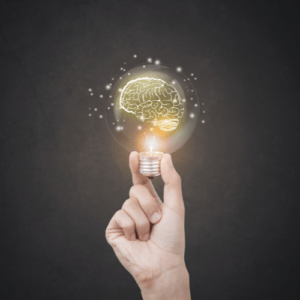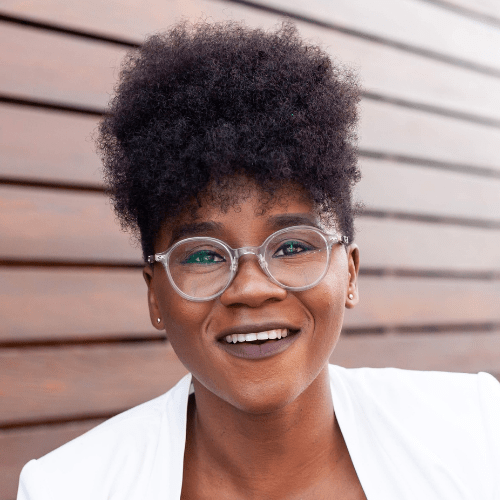I Might Not Have Recognised It
Depression is sometimes known as ‘the silent killer,’ which I now understand. This is because of its longevity without notice. It appears in different forms and can strip away everything you own, love, and care about.
I started experiencing feelings of helplessness at the very early stage of my pregnancy. I had an episode of depression, known as perinatal depression, at the age of 32 following the birth of my daughter. I might not have recognised it only for my aunt-in-law. Having experienced it herself, she was able to recognize the symptoms.
It all started during the first trimester when I was advised that my pregnancy was considered ‘high risk.’ With little information, I jumped to many conclusions. My thoughts went to: ‘my daughter will never bond with me’ and ‘I will pass on the disease to my child, and she will blame me for it and hate me forever.’ I believed these overwhelming thoughts and it affected my whole way of being and doing. At the same time, I experienced moodiness, fatigue, and constant headaches. I could no longer recognise myself in the mirror. My usual bubbly and confident personality was gone.
I could only see darkness where there was light
I had many fears about the birth and intense feelings of fear about my baby’s safety; even when she arrived and was healthy, these feelings and fears did not go away. I could only see darkness where there was light, feeling lifeless where there should be energy. It felt like my body was about to stop functioning. My senses were trying to shut down on me. I was feeling hopeless.

It was a difficult time with many adjustments, particularly as we were living in England and my own family was back in Africa, and my husband’s family was in Ireland. I put all my energy into looking after my daughter and forgot about myself. It negatively affected my relationship with things I love, such as studying and work, and isolated me from others.
As part of our journey seeking out help, my husband received a diagnosis of depression too. He had been going through it for more than twenty years, but we had not realised. Many members of my family back home, and friends in the UK at the time were fearful of the diagnosis and the treatments available. In my culture, it is believed that anything related to ‘mental health’ is akin to a person being crazy and unstable. My husband was a great support and helped me seek out professional help once it was identified.
Had Each Other for Support
Thankfully, my husband and I had each other for support. My husband supported me in attending and accessing mental health services. It has not always been plain sailing, my first attempt at therapy was unsuccessful, but the medication did help me somewhat. I did find it difficult when I went back to work and my studies. I found I needed to take some time away from work to look after myself.
This was when I had a breakthrough. With the support of my husband and GP, I started to do my own research, read books, and listened to podcasts. Today, what I do to maintain and manage my mental health is work on unlearning my unhelpful thoughts and beliefs. It is my first aid response in balancing my mental and emotional wellbeing, which helps me find calmness, clarity, and certainty. Through daily mindfulness practice and acknowledging things within and outside my control, I discovered the importance of self-kindness and firmness in facing my challenges. I commit strongly to hope no matter what I think I am experiencing.
My go-to is a place of acceptance, non-judgemental, and curiosity which always rests and re-energizes me in finding the energy to enjoy and continue with my day. I further trained to be a mental health first aider in looking out for early signs of mental health issues or crisis for myself, family, and others around me.
All of this has helped me recapture my love of learning, myself and others.
– Abisola Faronbi-Lynch

This post “I could only see darkness where there was light” is part of the Aware Mental Health Week (4-10 October 2021) campaign which is focused on causes, course and consequences of depression.
“With this campaign, we want to give people who are impacted by depression a voice. By sharing their inspiring stories, our goal is to provide hope, help people to feel less alone in their experience and most importantly empower anyone affected by depression to reach out for support.”
Dr Claire Hayes


